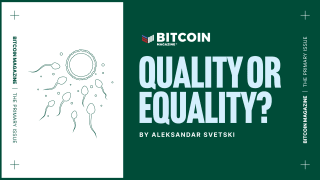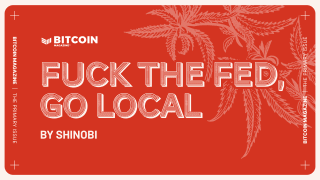Hundreds of residents of the Afghan capital, Kabul, rushed to banks on August 15 to withdraw money from their bank accounts as Taliban fighters took over the city demanding the government's surrender, Al Jazeera reported.
After the Taliban takeover, which followed hours of negotiations for a peaceful transition of power with President Ashraf Ghani, Afghans and foreigners alike have been racing to the airport to exit the city. Ghani later left the country, and the Taliban said it would soon announce the Islamic Emirate of Afghanistan from the presidential palace.
Hundreds of people have since lined up at cash machines and bank agencies to withdraw their life savings before fleeing the country, but only to hit a brick wall. Abdul Mossawer, a 32-year-old policeman, was told by bank workers that there was no cash for him to withdraw. Even though he insisted, the bankers would repeatedly tell various reasons for the delay in getting the people their money.
![Afghans wait in long lines for hours to withdraw money in front of a bank in Kabul. [Rahmat Gul/AP Photo]](https://bitcoinmagazine.com/.image/t_share/MTgzMjE5Njk5NDkwNzU5NzE4/ap21227476382108.png)
Afghans wait in long lines for hours to withdraw money in front of a bank in Kabul. [Rahmat Gul/AP Photo]
"Is your money in the bank? Then it's not yours. Afghanistan is just the latest crisis to illustrate the critical value of custodying your family's savings," tweeted Alex Gladstein, Chief Strategy Officer of the Human Rights Foundation.
The fractional reserve-based financial system that rules today, along with the reign of fiat currencies, has intrinsic downsides. Since the balance in your checking bank account is not fully there, a bank run would cause chaos, similar to the Afghan situation. Bank accounts can be quickly frozen, and a person bearing considerable amounts of cash can become an obvious target for criminals.
Unfortunately for most Afghans, who weren't able to withdraw their money and flee the country, there is little they can do as they have their hands tied to the arbitrary decisions of third parties under a crisis. But with Bitcoin and self-custody, as Gladstein points out, the story could've been different. Had people kept their life savings in BTC instead of fiat currency, not only would they be able to easily carry it anywhere without asking permission, but they would also enjoy a growing purchasing power over the years.
Among oppressive regimes, harmful economic policies, war zones, and monetary colonialism, Bitcoin is uniquely positioned to restore freedom and sovereignty worldwide. The distributed electronic money that asks permission from no one can bring about lasting change in the five edges of the globe, but its benefits need greater awareness.











